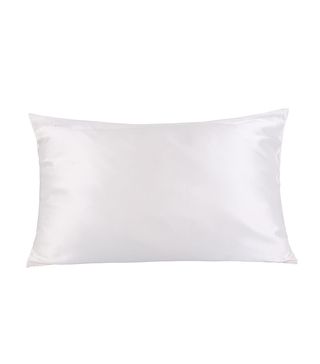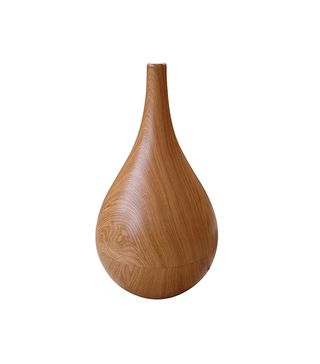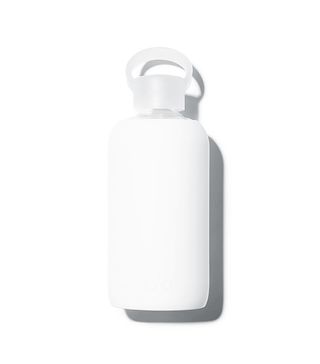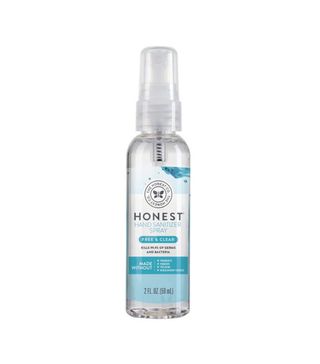There Are More Than 200 Head Cold Viruses—Here's How to Fend Them Off

While we're more likely to catch a cold during the winter months when we're indoors and sharing germs in close proximity to others, a cold can strike at any point in time. So if you aren't taking preventative measures to build a shield against the virus (all 200+ of them), you might be in for some sniffles, coughing, sneezing, and the like (don't say we didn't warn you).
If you need a quick refresher course in what to do before a cold has the ability to strike (or after, if it's already taken its toll), allow us to help. We spoke with Papatya Tankut, a registered pharmacist and the vice president of pharmacy affairs for CVS Health, for her expert tips so you can get back on the up and up.
Use a Humidifier
"A vaporizer or humidifier will add moisture to the air, which may help with coughing or congestion," says Tankut. Especially in the colder months, the dry air in your home can harden the mucus in your nasal passageway and throat, making you even more congested, so the moist air from the humidifier will help keep it loose. Just remember to change the water often, keep the device clean to rid it of contaminants, and use fresh, filtered water (hard tap water can mineralize).
Stay Hydrated
Staying hydrated with water, diluted juices (too much sugar causes inflammation, which hampers your immune system), and warm liquids such as teas, broths, and soups will also help loosen the congestion while simultaneously soothing a sore throat, advises Tankut. Plus, chicken soup is clinically proven to help prevent and treat a cold, so go ahead and indulge.
Gargle With Salt Water

Your parents have probably told you to gargle with warm salt water several times over when you had a sore throat, and there's a reason they keep pushing: It works. Tankut is a big proponent, and Philip T. Hagen, MD, editor in chief of the Mayo Clinic Book of Home Remedies, says that doing so loosens thick mucus, which can remove irritants like allergens, bacteria, and fungi from the throat.
Put Yourself First

Perhaps you've been going at 100 ever since January 1 in full-blown "new year, new me" mode, and we admire that. But you've got to remember to prioritize your health, otherwise everything else takes a hit. Says Tankut, "Maintaining a healthy lifestyle by eating right, exercising, reducing stress, and getting plenty of sleep can boost your immune system so it is able to fight off illnesses." Also, Tankut urges you to avoid smoking, as it can make you more susceptible to head colds by weakening your immune system and making it harder for your body to rid itself of harmful germs.
Speaking of eating, Tankut says foods that are rich in vitamins, minerals, and antioxidants (like berries, cherries, tomatoes, and broccoli) support your immune system and keep your body strong.
Take Caution
Avoid contact with people showing cold-like symptoms, and wash your hands regularly with soap and warm water or an alcohol-based hand sanitizer to ward off germs. Says Tankut, "Colds are picked up through infected air droplets from coughs and sneezes or by coming into contact with an infected surface. Surfaces typically infected by cold virus are commonly shared objects such as doorknobs, phones, utensils, towels, and toys. Touching one of these infected objects and then touching your eyes, nose or mouth allows the virus to enter your body, so be sure to frequently wipe down objects in your home, especially in the kitchen and bathroom."
For particularly bad colds, especially if an infection might be present, remember to seek professional help. Tankut says that if you have any specific questions about head colds or need help identifying the best medication to relieve your symptoms, "talk to your local pharmacist. They can point you in the right direction," or you can schedule an appointment with your general practitioner.
Disclaimer
This article is provided for informational purposes only and is not intended to be used in the place of advice of your physician or other medical professionals. You should always consult with your doctor or healthcare provider first with any health-related questions.



